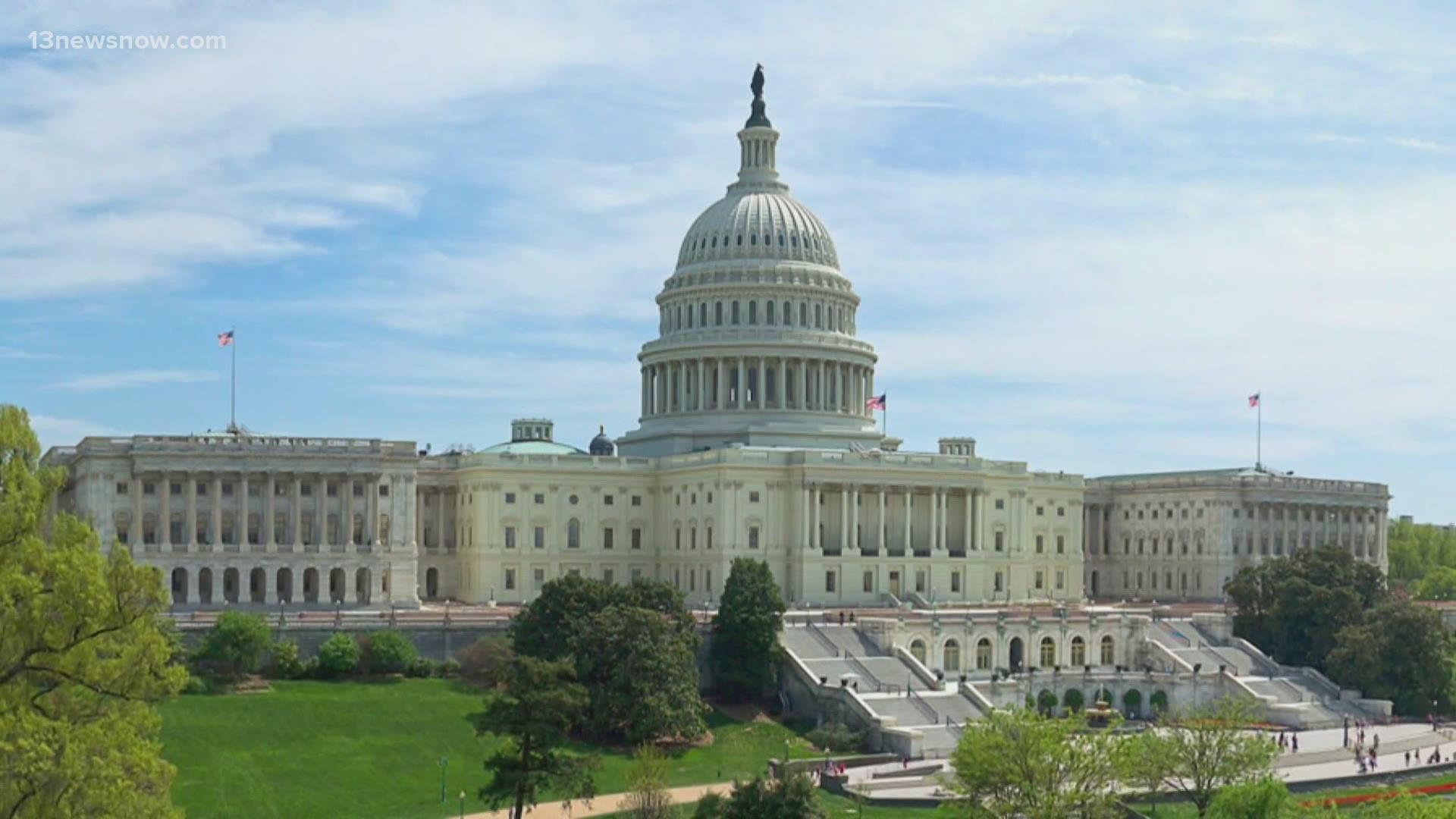WASHINGTON — The Supreme Court could deal a death sentence to the Affordable Care Act.
The high court heard arguments Tuesday that, if successful, could undo the decade-old law and potentially leave millions of people without medical insurance.
The case before the Supreme Court, "California v. Texas," could overturn the 2010 Affordable Care Act. If the ACA were struck down, up to 23 million Americans could lose their current health care coverage.
Eighteen Republican-led states are claiming it's unconstitutional for the federal government to force citizens to purchase health care. Whether the court will in fact take action to undo the law is another question entirely.
Chief Justice John Roberts said that if President Donald J. Trump and Congressional Republicans wanted to kill the law, they could have done it legislatively, adding: "I think, frankly, that they wanted the court to do that, but that's not our job."
Virginia lawmakers who spoke to 13News Now -- both Democrats -- are concerned about how the case could go.
"The actions of this administration have led to reduction of coverage and millions of more being uninsured," said Sen. Tim Kaine. "The last thing we need to do is continue to push in that direction."
Kaine continued: "The efforts of Republicans since 2010 and particularly during the Trump Administration to use every tool at their disposal, administrative sabotage, court challenges, votes on the floor of Congress, to get rid of the ACA have really been puzzling to me. Why a party's top priority should be taking health insurance from so many people with no plans to replace it is beyond me."
Rep. Elaine Luria (D-Va., 2nd District) said the law has done much good.
"The Affordable Care Act has provided access to health care for millions of Americans," she said. "You know, undermining the ACA, through the court system and trying to take the health coverage away is something that's caused a lot of angst and tension for people."
The first two attempts to overturn the law failed in the high court by votes of 5-to-4 and 6-to-3. But with President Trump's new appointee Amy Coney Barrett now in place, things could be different this time.
A ruling is not expected until the summer of 2021.

